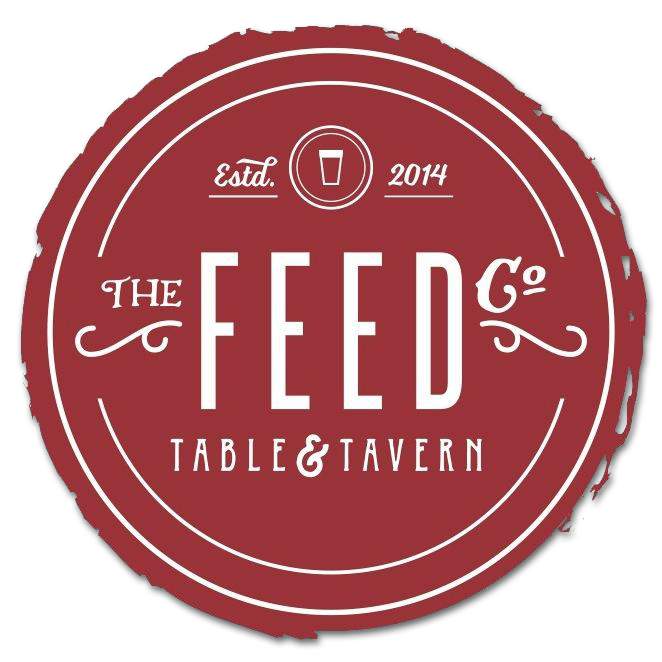The Masters Pimento Cheese: a Southern Tradition
In the South, tradition, food and sporting events are held in high regard and when combined together, well, it’s something to be preserved. Expertly manicured grounds, coveted merchandise, champions dinners, infamous green jackets, and pimento cheese sandwiches have made the second Sunday in April a favorite Southern tradition. While the tournament may be known for its emphasis on viewer experience and that green jacket trophy, the concessions have earned fame all their own.
In 1947, young entrepreneurs Hodges and Ola Herndon began preparing homemade sandwiches that would soon leave a stamp on one of the biggest tournaments in professional golf. Using his father’s recipe, the couple began preparing pimento cheese sandwiches in their Augusta kitchen and selling them on the course for twenty- five cents. Chairman Clifford Roberts and co-founder Bobby Jones were so impressed stating, “This year both of us happened to have heard a number of complimentary remarks regarding the good service and food you provided. We were particularly pleased to learn that you could provide a really good sandwich for twenty-five cents.”
The Herndons were asked to provide concessions the following year and continued to supply the tournament until the early 1950s when crowds grew too large for their home-grown operation. That’s when Augusta National turned concession operations to Nick Rangos. Rangos and the team continued serving that fan favorite pimento cheese on white bread for nearly five decades, while Herndon went on to manage the Augusta Country Club. In that time the simple sandwich became as iconic of a duo as sweet tea and fried chicken.
Recipes are not something we take lightly below the Mason Dixon, and the Masters pimento cheese was no exception. In 1998, the golf club grew concerned over food safety regulations and awarded concessions to a local restaurant chain owner named Ted Godfrey and Wifesaver. The change didn’t sit well with Rangos, and he refused to turn over the revered pimento cheese recipe. Godfrey attempted several different recipes, using old food supplier invoices to try to recreate the magic of the iconic spread. While he was able to perfect the cheese combination, the spice blend wasn’t quite the same. After countless batches, Godfrey located a frozen container of Rangos’ pimento cheese and was able to reverse engineer a recipe that scored a hole in one among the crowd.
While concession operations have again changed hands, as Augusta National brought food service in-house in 2013, the iconic sandwich remains a tradition among golfers both on and off the course. Through the years, the price of the humble southern favorite has also remained virtually unchanged. The sandwich was first sold for 25 cents in 1947. The price rose to $1 in the late 1980s, $1.25 at the turn of the century and now remains at $1.50. Over the last 77 years, the price has only increased by $1.25 cents while inflation and food prices have soared. When adjusted for inflation, that 25 cents in 1947 would be worth $3.45 today and cost $7 if the price followed the consumer price index.
If you can’t make it to Augusta to enjoy the iconic sandwich, pick up a loaf of white bread and whip up a batch of pimento cheese at home. While the exact recipe remains a mystery, the Junior League of Augusta’s Par 3 Tea- Time at the Masters features the famous replica:
3 cups shredded white cheddar cheese
2 cups shredded yellow sharp cheddar cheese
4 oz crumbled blue cheese
1 cup shredded parmesan cheese
4 oz sliced pimentos, drained
1 cup light mayo
2 tbs Dijon mustard
1 loaf white bread
In a food processor, combine cheeses, pimentos, mayo and mustard and process until smooth. Cover and chill. Serve on fresh bread slices.
Pimento cheese pairs well with an Azalea cocktail and golf. Join us for Masters week coverage and enjoy one of the South’s favorite traditions.
*Fun Fact: Hodges Herndon needed extra hands to prepare the hundreds of pimento cheese, egg salad and ham sandwiches for the tournament. He turned to Phi Delta Theta fraternity brothers at the University of Georgia to help and even convinced UGA’s head business professor to give the guys a week off from school for hands on business experience selling food and drinks on the course.
